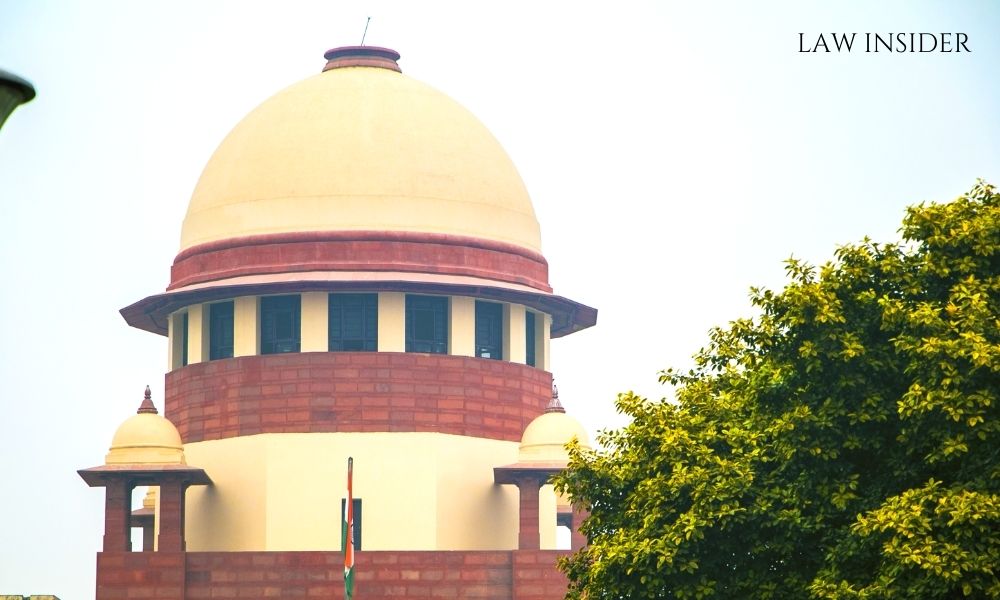LI Network
Published on: 3 August 2023 at 11:35 IST
The Supreme Court has provided clarity on the application of the principle of res judicata, stating that it only applies to fundamental determinations made by the Court in subsequent proceedings.
The Court highlighted that incidental or collateral findings, which are not essential to the final decision, are not affected by res judicata.
The case in question, Yadaiah and Anr. v State of Telangana and Ors., involved an appeal against a High Court order where an intra-court appeal by the State of Telangana and its revenue authorities was allowed, overturning the decision of a Single Judge.
The matter revolved around the issuance of Show Cause Notices to the appellants by the Collector, which were subsequently held to be unsustainable by the District Revenue Officer.
A second Show Cause Notice was then issued to the appellants, and they argued that it was barred by the principle of res judicata as it was based on the same subject matter as the first Notice.
The Supreme Court Bench, presided over by Justice Surya Kant and Justice J.K. Maheshwari, outlined a test to distinguish between ‘fundamental determinations’ and ‘collateral determinations’ for the purpose of res judicata.
The key criterion is to determine whether the concerned determination is so crucial to the decision that without it, the decision cannot stand independently.
The Court emphasized that only those determinations which are fundamental and indispensable to the Court’s decision would attract the application of res judicata.
On the other hand, any observations made by the Court that are not foundational to the final determination, such as incidental, supplemental, or non-essential findings, would not be bound by res judicata in future proceedings.
The ruling clarified that a fundamental determination would be subject to res judicata in subsequent proceedings, but a collateral determination would not.
In other words, res judicata only applies to those findings without which the Court cannot adjudicate a dispute and that form a vital part of the reasoning leading to a definite conclusion on the issue on merits.
The Bench emphasized the importance of this distinction to prevent future misuse of the doctrine of res judicata. The appeal in the case has been dismissed.

